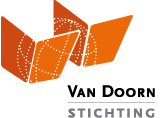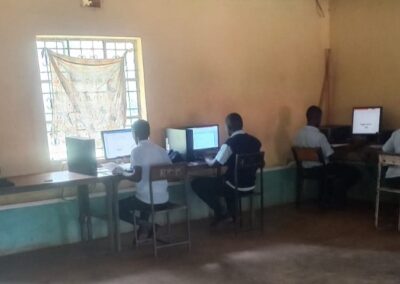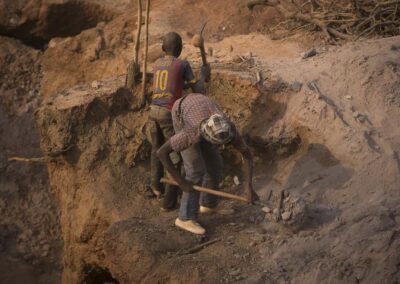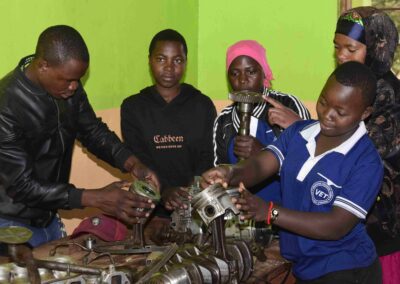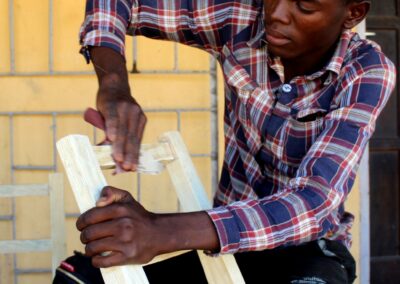The Van Doorn Foundation is supporting ADWG to set up vocational training for teenage mothers in Homa Bay, and thereby calling an end to the sexual and economic exploitation and abuse of girls. Within a two-year period they want to teach 300 teenage mothers skills to become economically autonomous.
The project has been carried out in collaboration with the Tools To Work foundation from The Netherlands, which took care of the overhaul of (second-hand) machines and tools and their shipment to Kenya.
Project has successfully been executed
Amount donated: € 4,000.-
Sponsor: Hofsteestichting
Project information
The situation
Homa Bay is considered one of the hot spots for political instability in Kenya because opposition parties in the region are in the majority. The region has had to deal with major unrest after the elections in 2007/2008 and 2013. Agriculture used to be the backbone of the regional economy but due to unpredictable climatic conditions and increasing poor performance in this sector, this is no longer the case. It is therefore necessary to develop other professional sectors, but this is not sufficiently happening due to a lack of government investment.
Homa Bay represents only 3.3% of the working class in the province and unemployment among young people is high; not so much because there is no work, but because there is a lack of young people who have the necessary vocational training and specific skills.
The importance of the project
Statistics show that the increase in HIV / AIDS infections among the youth population in Homa Bay is the largest in the region. Girls are the most affected and the municipality is nationally number two in terms of the number of teenage pregnancies (33%). The situation of infected young girls deteriorates when they enter the AIDS phase and the costs of medicines become too high for the families who are already economically disadvantaged.
A negative development for young girls is greatest when one or both parents die; such a situation often results in forced child labour, forced marriage and teenage pregnancy. Many of these girls go to the shores of the lake to find work with fishermen, where they are eventually exploited and sexually and economically abused. They stop schooling and become young mothers who do not have the skills and knowledge needed to care for their children.
The implementing organisation
Ayaga Dani Widows Group (ADWG) is a community based organisation that was established in 2002 and initially focused on the welfare of widows. However, due to regional developments, ADWG has adjusted its goals and is now striving to provide suitable vocational training for unemployed girls / young women: training as a tailor, hairdresser and manicure / pedicure for small and medium-sized service companies and training in use of computers, internet and social media for service companies such as information and communication services.
ADWG’s vocational training courses are aimed at training in skills for which there is an actual market demand; market needs are examined every five years to ensure that the centre does not train people in skills for which there is no longer severe demand – this is so to ensure speedy absorption of trainees.
The envisaged project results
The main aim of ADWG is to ensure that Teenage Mothers can work as Tailors and Hairdressers. ADWG is confident that with this project the 300 registered Teenage Mothers will acquire sufficient skills within two years to become economically autonomous. In addition, the training centre wants to be self-sustained and ultimately be able to reach more disadvantaged young people with training at more locations – the aim is to through small investments, have the greatest possible impact! The costs for the training and the course fees will be kept as low as possible in order to keep the courses accessible to as many young people as possible. Moreover, allowing parents thereby to spend money on other important issues for the education and medical care of their children.
The chance of sustainability
With support from the Van Doorn Foundation, ADWG has developed a business plan for the training centre. This plan elaborates on the objectives the centre wants to achieve, how the centre can function most efficiently and how sustainability can be achieved.
The costs for the first year are estimated at € 55,500 of which € 9,300 is for one-off investments in teaching materials. The following years the annual costs are estimated at € 44,000 and the annual income at € 53,000. Those revenues are achieved from tuition fees and the sale of products made by the students.
The progress of the project
The organisation has sufficient resources to cover the operational costs (through tuition fees and the sales of products) but needs funds to be able to make the one-off investments. An investment of € 4,000 is required for tailor and embroidery courses, € 3,100 for hairdressing and manicure / pedicure courses and € 2,200 for computer courses.
The Van Doorn Foundation is initially committed to financing the material for the tailoring and embroidery courses, which can be supplied by the Tools To Work foundation from Teteringen, The Netherlands. The overhaul of (second-hand) machines and tools and their shipment to Kenya involves an amount of € 3,800, that was available by the Hofstee Foundation from The Netherlands.
The result
The COVID-19 pandemic impacted the project by substantial delays in the shipment of equipment and tools (arrived in June 2020) and by the suspension of all training activities by the Government until September 2020 and further suspension when some of the trainees were tested positive. It is only in February 2021 that a real start of the training could be made, starting initially with just 10 teenage mothers, to be increased as soon as such is allowed.
For these projects your support is necessary!
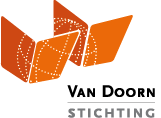
Dear visitor,
We are grateful that you are willing to support us with a donation!
Please fill in the fields below and push the button PAY to transfer the amount by iDeal.
